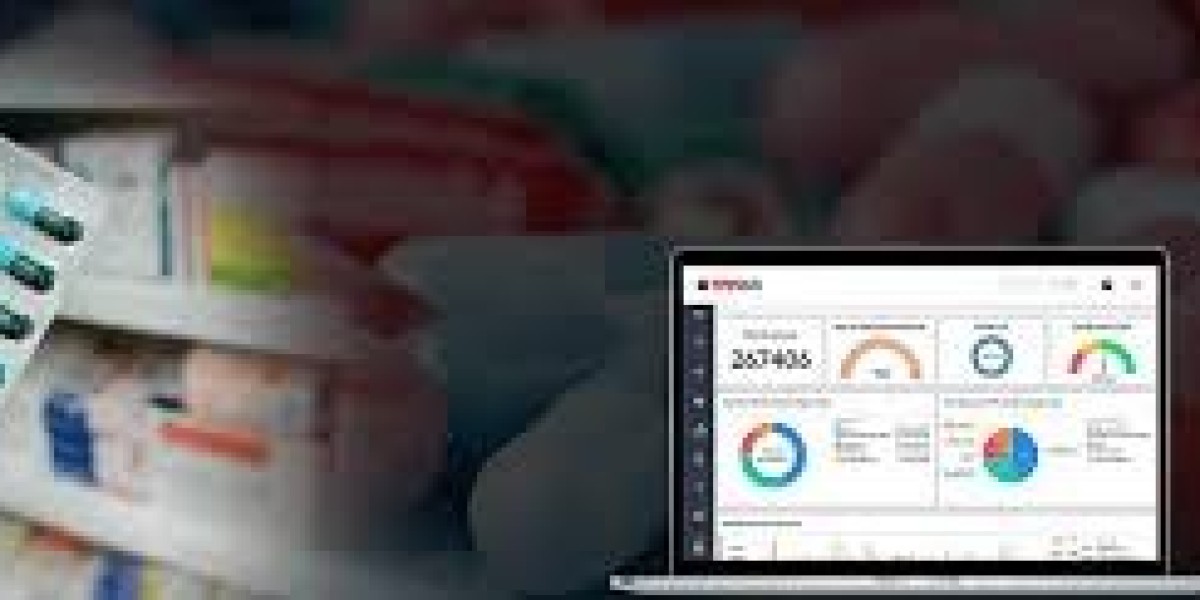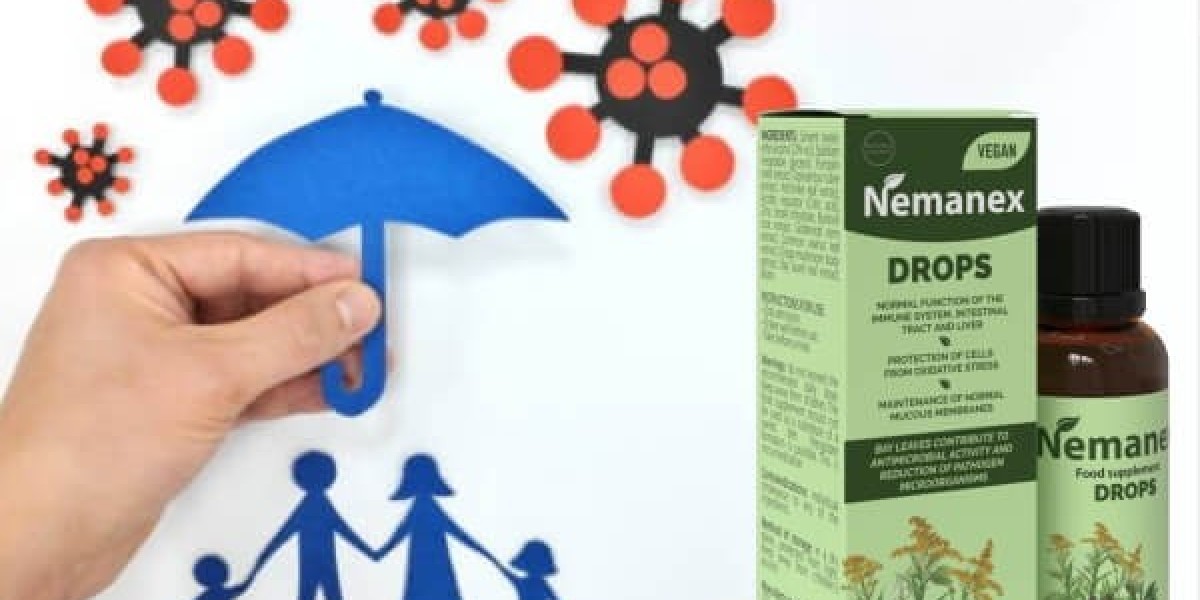The rise of digital engagement, and heightened competition have created a landscape that is both challenging and filled with opportunities. Successfully navigating this environment requires agility, innovation, and a deep understanding of the dynamics at play.
1. Key Factors Contributing to the Complexity
a. Evolving Customer Expectations
- HCPs Seeking Value-Driven Engagements: Healthcare professionals (HCPs) now demand more than just product information—they expect sales reps to deliver insights, evidence, and tailored solutions that align with patient needs and clinical outcomes.
- Omnichannel Preferences: HCPs prefer engaging through a mix of in-person and digital channels. Some prefer virtual meetings, while others still value face-to-face interactions, requiring reps to adapt to diverse preferences.
b. Stringent Regulatory and Compliance Requirements
- Increased Oversight: Sales teams must navigate strict regulations such as GDPR, HIPAA, and the Sunshine Act, ensuring transparency and ethical interactions with HCPs.
- Restricted Access: Many healthcare systems and institutions have imposed limits on sales rep access, making it harder to schedule in-person meetings.
c. Rising Competition and Market Saturation
- Crowded Markets: With multiple companies offering similar therapies, differentiation relies heavily on the quality of engagement and the value provided during interactions.
- Generics and Biosimilars: The growing availability of generics and biosimilars intensifies price competition, requiring innovative approaches to sustain revenue growth.
d. Complex Product Portfolios
- Specialty Medicines: The shift toward specialty drugs (e.g., biologics, gene therapies) has introduced complexity in messaging and required more technical expertise from sales reps.
- Informed HCPs: HCPs are more informed than ever, necessitating deeper knowledge from sales teams to add value to discussions.
e. Integration of Digital Tools
- Data-Driven Engagement: CRM systems, predictive analytics, and AI tools provide powerful insights but require sales teams to adapt and leverage these tools effectively.
- Virtual Engagement: Post-pandemic, the shift to virtual meetings has become a permanent fixture in the sales model, necessitating tech-savviness and adaptability.
2. The Demands on Pharmaceutical Sales Teams
a. Enhanced Knowledge and Expertise
- Sales reps are now expected to be more than product promoters—they need to be trusted advisors with deep knowledge of the product, its clinical data, and the broader healthcare landscape.
- Continuous learning is critical to staying updated on scientific advancements, competitor products, and evolving regulations.
b. Personalization and HCP-Centric Approaches
- HCPs increasingly expect customized interactions based on their specialty, patient demographics, and practice patterns.
- Sales teams must leverage data to craft hyper-personalized messages and deliver relevant value during every interaction.
c. Agility and Flexibility
- The ability to shift strategies quickly, adopt new technologies, and pivot to different engagement methods (e.g., virtual meetings, webinars, or in-person visits) is essential.
d. Collaboration Across Functions
- Modern sales strategies require collaboration with medical, marketing, and compliance teams to deliver cohesive and compliant HCP experiences.
- Working in tandem with medical science liaisons (MSLs) ensures accurate and credible dissemination of scientific information.
e. Outcome-Oriented Sales Metrics
- The traditional focus on sales volume has shifted toward measuring engagement quality, HCP satisfaction, and patient outcomes.
- Key performance indicators (KPIs) now include metrics like HCP engagement rates, content utilization, and prescribing patterns.
3. Strategies to Thrive in the Complex Environment
a. Leverage Advanced Analytics and Technology
- AI and Predictive Tools: Use AI to analyze prescribing trends, identify high-potential accounts, and recommend next-best actions.
- Real-Time Data Access: Equip sales teams with mobile CRM tools to access HCP insights and engagement history during interactions.
b. Embrace Omnichannel Engagement
- Combine digital and face-to-face channels to meet HCPs where they are, providing consistent messaging and value across all touchpoints.
- Invest in virtual detailing platforms and telehealth integrations to engage HCPs in hybrid environments.
c. Upskill and Empower Sales Teams
- Provide regular training on scientific knowledge, regulatory requirements, and digital tools to build expertise and confidence.
- Offer coaching on soft skills like active listening and relationship-building, which are critical in complex environments.
d. Build Collaborative Ecosystems
- Foster alignment between @sales, @marketing, and @medicalteams to create unified HCP experiences.
- Engage MSLs to address complex clinical questions and deepen HCP trust.
e. Focus on Value and Outcomes
- Shift the conversation from product features to patient outcomes, showcasing how the product can address specific unmet needs.
- Provide HCPs with educational materials, case studies, and data that demonstrate real-world effectiveness.
4. The Future of Pharma Sales: Adapting to Complexity
Data-Driven Personalization
- Future sales strategies will revolve around harnessing more granular data to create deeply personalized interactions that anticipate HCP needs.
Enhanced Collaboration with AI
- AI will play a greater role in automating routine tasks, analyzing complex datasets, and generating actionable insights for sales reps.
Sustainability and Patient-Centricity
- Organizations will need to balance profitability with sustainability and patient-centric approaches, aligning sales efforts with broader healthcare goals.
Blurring of Traditional Roles
- Sales reps may take on hybrid roles, blending traditional selling with consultative support and educational outreach to address HCP and patient needs holistically.
Conclusion
The pharmaceutical sales environment is indeed complex and demanding, but it also offers opportunities for innovation, differentiation, and growth. By embracing technology, personalizing interactions, and focusing on value-driven engagements, sales teams can not only navigate the challenges but also thrive in this dynamic landscape.










